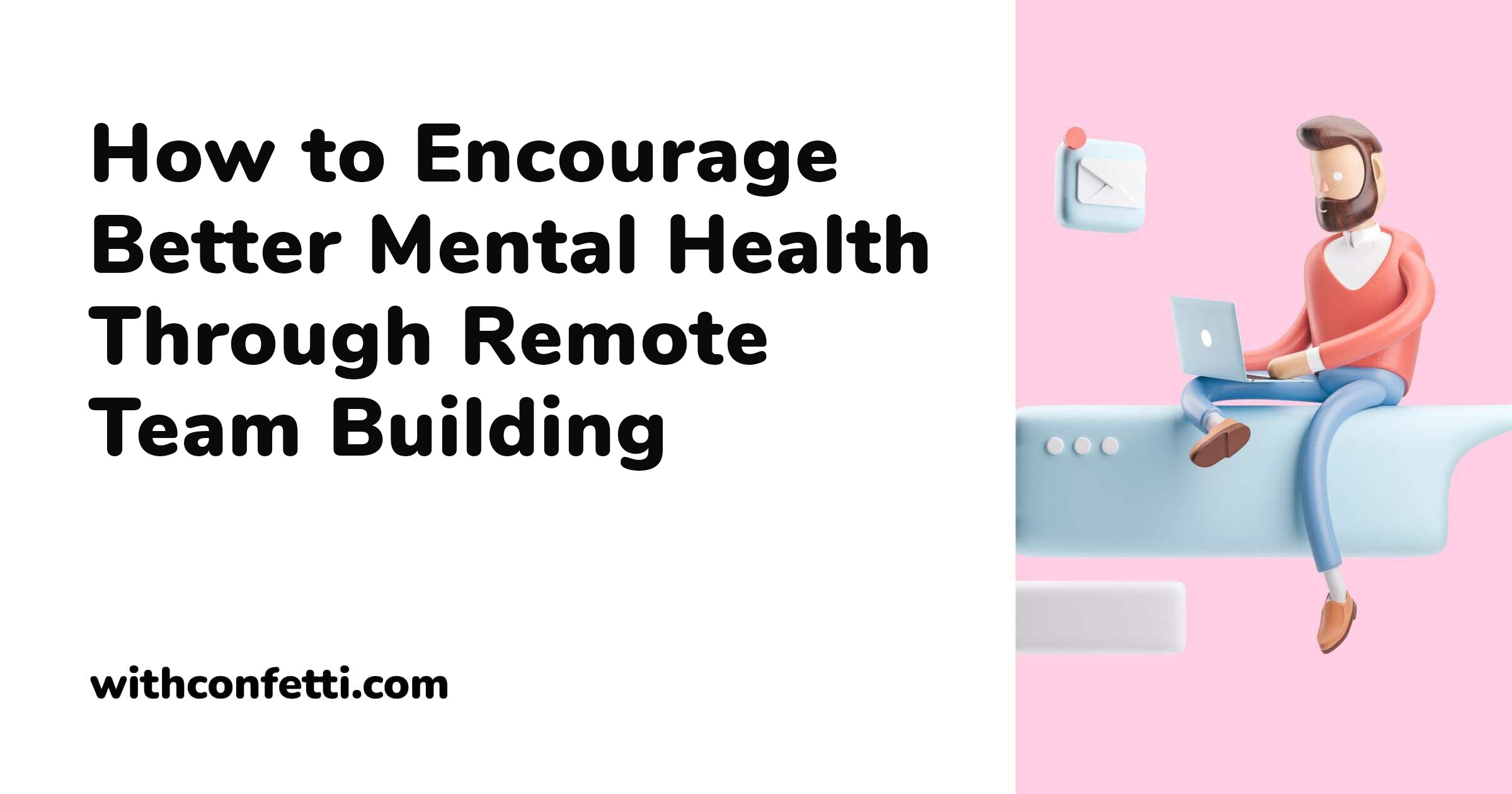
The Rise of Gen Z Gamers: Why Video Games Are Their Escape
In a world where social media often amplifies anxiety and stress, Gen Z is turning to video games as a sanctuary. With the pressures of school, career, and social expectations, gaming has become more than just a pastime; it’s a lifeline.

Recent studies show that a staggering 70% of Gen Z gamers report that video games help them manage stress and anxiety. Unlike previous generations, who might have turned to traditional forms of entertainment, this cohort finds solace in immersive worlds where they can connect with friends and escape reality. "Video games are 100 times better than social media and YouTube; they're actually the healthiest screen time thing kids can do," says one anonymous gamer, highlighting the generational shift toward gaming as a healthier alternative.
Community and Connection
For many, gaming is not a solitary activity. Platforms like Twitch and Discord have transformed gaming into a social experience, allowing players to bond over shared interests and challenges. Twitch, a live-streaming service, has become a hub for gamers to connect and showcase their skills, while Discord serves as a digital gathering place where gamers can chat and strategize together.
As one gamer put it, "When I log into Fortnite, I’m not just playing a game; I’m hanging out with my friends, and that makes all the difference." This sentiment is echoed across the gaming community, where multiplayer games foster a sense of belonging and camaraderie.
Mental Health Benefits
The mental health benefits of gaming are becoming increasingly recognized. Games provide a sense of achievement and purpose, which can be particularly beneficial for those struggling with self-esteem. A 2025 study published in IEEE Explore reports that interactive gaming can enhance problem-solving skills and creativity, essential traits for navigating today’s complex world.
Moreover, engaging in video games can lead to the release of dopamine, a neurotransmitter associated with pleasure and satisfaction. This chemical response can afford gamers a temporary escape from their daily worries, helping to alleviate feelings of anxiety or depression.

The Future of Gaming
As the gaming industry continues to evolve, it’s clear that Gen Z will play a pivotal role in shaping its future. With their passion for inclusivity and innovation, this generation is set to redefine what it means to be a gamer. They are not just consumers; they are creators, often sharing unique content on platforms like YouTube and Twitch, where they can influence others and share experiences.
The rise of games that promote social justice and mental health awareness also reflects Gen Z's values. Titles like "Celeste," which tackles mental health themes, and "Life is Strange," which explores identity and friendship, resonate deeply with this generation.

Conclusion
So, the next time you see a Gen Z player immersed in their game, remember: they’re not just having fun; they’re building connections and finding their way in a challenging world. As video games continue to evolve, they will undoubtedly remain a crucial element of this generation's social fabric and mental health strategy. The relationship between Gen Z and gaming is not just about entertainment—it's about escape, connection, and finding a sense of community in an increasingly complex society.
With their unique relationship with video games, Gen Z is paving the way for a future where gaming is recognized not only as a form of entertainment but also as a vital part of social interaction and mental wellness.